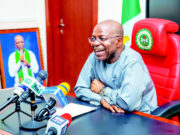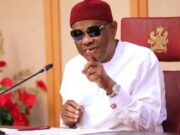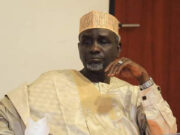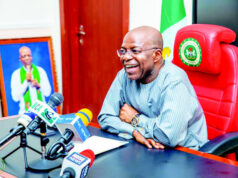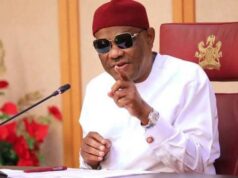Major ethnic groups across Nigeria have voiced their support for regionalism and a parliamentary system as solutions to the country’s ongoing challenges.
Under the umbrella of The Rebirth Group (TRG), these groups issued a statement in a communiqué over the weekend.
Simultaneously, other groups gathered in Kaduna State for a two-day symposium, where they reaffirmed the need for the country to be restructured into eight regions to foster development.
The symposium, titled Envisioning Nigeria’s Future: Addressing the National Question, was organized by Owolabi Oladejo.
The communiqué, which was co-signed by Jare Ajayi, DIY Nweze, and Olaolu Abogunloko, called for the reorganization of Nigeria into regional units to address the nation’s multifaceted problems.
The groups also proposed renaming the country to the United Regions of Nigeria (URN).
The communiqué clarified that this restructuring would not eliminate the current states but would rather establish regions as the new federating units, with the possibility of adopting a more fitting name for the restructured entity.
The groups emphasized that each region should be granted autonomy and its own constitution, ensuring self-determination.
A key proposal was that regions retain 70 percent of the revenue generated from their resources, with the remaining 30 percent sent to the federal government.
The communiqué stressed that such an arrangement would help the country realize its full potential while fostering peace and development.
Dr. Bitrus Pogu, National President of the Middle Belt Forum (MBF), who was represented by National Publicity Secretary Emmanuel Alamu, also participated in the event.
The MBF reiterated its commitment to Nigeria’s unity, calling for more states within the Middle Belt zone.
Owolabi Oladejo, the convener of the symposium, explained that this summit was a continuation of a series that began in Ibadan in 2023.
He described TRG as a platform for ethnic nationalities and minorities to freely discuss Nigeria’s future.
The communiqué drafting committee, led by Jare Ajayi, further emphasized that the proposed regions must be empowered with more control over their own affairs.
Additionally, the groups proposed a rotational leadership structure, where heads of government at regional and national levels would alternate among different constituents to prevent domination by one group.



